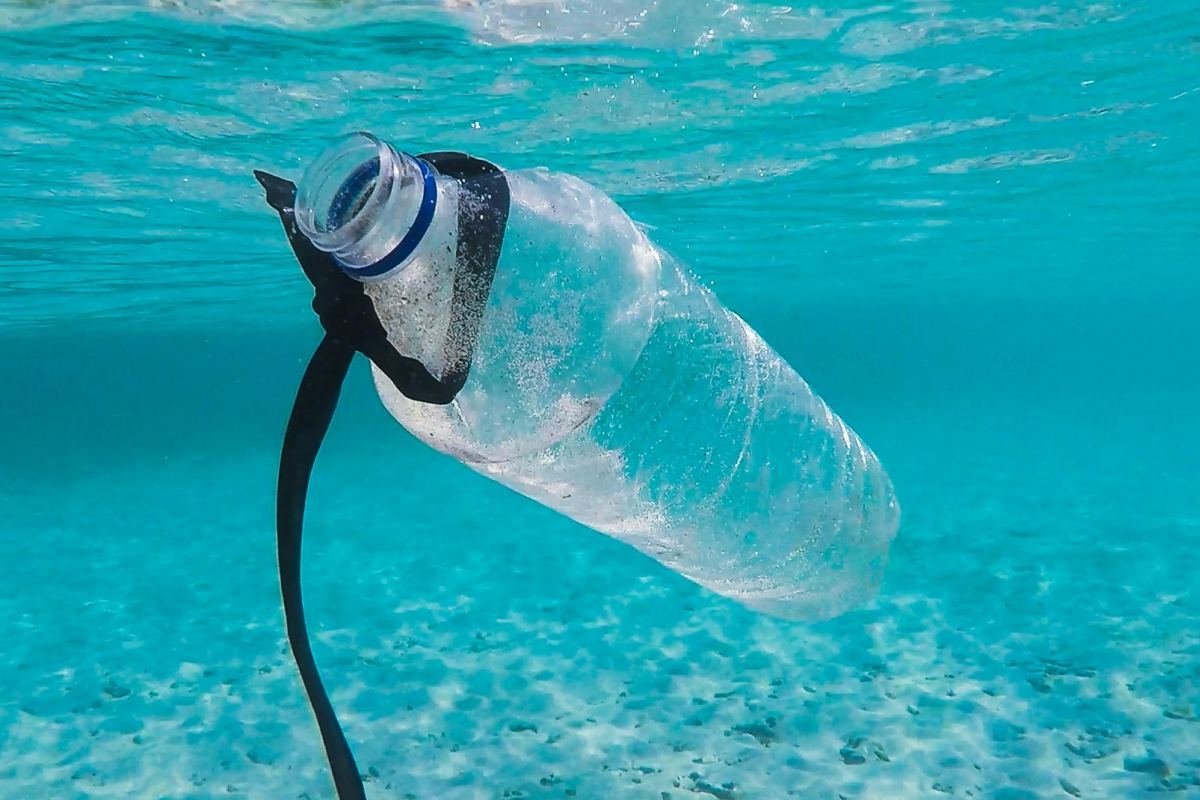Environmental Law Lecture series
Welcome to the Environmental Law Lecture Series! In this series, environmental law scholars will provide important insights into how EU environmental law helps to achieve a high level of environmental protection in the European Union and beyond.
The Global Plastic Treaty negotiations:
The dynamic between the EU's multilateral and internal green agenda
States are negotiating a global treaty to end plastic pollution, with the ambition “to land one of the most significant environmental decisions since the Paris Agreement” by the end of 2024 (Canada’s Minister of Environment, at INC-4 in April 2024). To end plastic pollution, the draft treaty reflects a “life cycle approach” – from extraction to production, design, usage and disposal; combined with ambitious means of implementation for developing countries. The problem is complex, the stakes are high, and the interests are diverse – among states and regions, civil society, and industry. In parallel, the EU is in the process of ‘greening’ the plastics value chain through internal measures, such as unprecedented packaging, product and disclosure requirements. These measures will also affect non-EU products and companies.
This lecture navigates you through the status and dynamics of the global plastic treaty negotiations, with a particular focus on the position of the EU and its Member States and the interplay with the EU’s internal green deal agenda.
Watch it here on Youtube if you'd like to access the video transcript or jump chapters.
Key themes
- The global plastics crisis is escalating: plastic production is growing rapidly, with only about 9% currently being recycled worldwide. This widening “pollution gap” contributes significantly to climate change, environmental pollution and biodiversity loss.
- A just and sustainable transition is essential: moving away from plastics only makes sense if alternative products are genuinely more sustainable, and the transition must take account of the social and economic importance of plastics – especially in developing countries.
- Deep divisions remain in the Global Plastics Treaty negotiations: some countries advocate a full life-cycle approach, including limits on production, while others insist the treaty should focus exclusively on waste management and downstream measures.
- The EU Green Deal is acting as a global frontrunner: the EU is already introducing far-reaching measures – such as recycled-content requirements, ecodesign rules and export bans on plastic waste – which apply not only to EU producers but also to imports, and thus affect producers and exporters in other countries.
- Ambition must go hand in hand with support and inclusion: for the treaty to be effective and fair, strong control measures need to be matched by adequate means of implementation (finance, capacity-building) so that developing countries can participate fully and implement the required changes.
Speaker
Dominic Coppens
He is Professor of International Economic law at Maastricht University and Senior Managing Associate at Sidley Austin LLP in Brussels. His current research and practice focus on sustainability law, and the intersection between international economic
law and environmental law. Dominic is closely involved in the global negotiations; and most recently participated as observer in INC-4 in Canada (April 2024) and as expert in the intercessional expert meetings in Bangkok (August 2024). Dominic also collaborates in interdisciplinary research at Maastricht University on aligning science, law and company strategies on plastics and alternatives to address the triple planetary crisis.
Lecture Series
This lecture is part of a series that runs from 2023 to 2024, providing students and scholars with core insights into the current state of EU environmental law and how it can be improved to achieve greater environmental protection. All lectures will be recorded and made accessible through YouTube, and the series is freely accessible to all.
If you'd like to know more about the other upcoming lectures:
This GreenDeal-Net lecture serie is hosted by MCEL, METRO and organised in cooperation with GLaw-Net and GreenDeal-NET. Maastricht University students will be eligible for certificates of attendance (see more information under the registration link).

